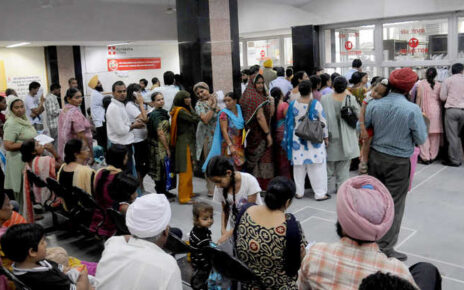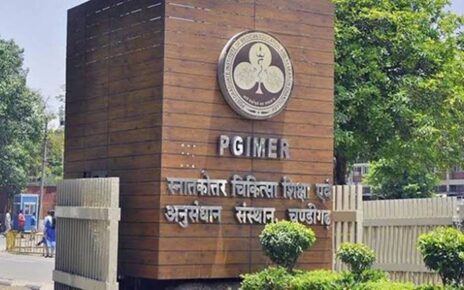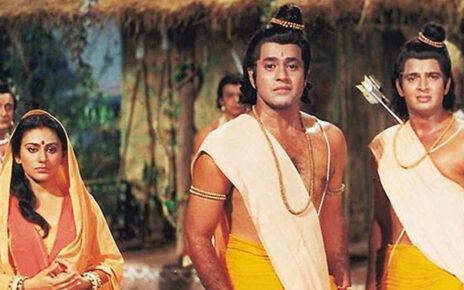Chandigarh
The Chandigarh excise and taxation department has said a big ‘no’ to the restaurant, bar and club owners who were demanding an extension of timings on the New Year Eve’s parties. The parties will end at 1 am only. Also, if the entry passes of the parties are not stamped by the UT excise and taxation department, it means that the pass is illegal and there is evasion of tax on it.
Assistant Excise and Taxation Commissioner R K Chaudhary said that the matter was discussed with the Deputy Commissioner who is also the Excise and Taxation Commissioner and it has been decided that no extension will be given.
“Many of the restaurant and club owners wanted that extension of at least one to two hours be given beyond 1 am. But it has been decided that no extension will be given for the New Year Eve’s party,” Chaudhary said.
The club owners had told the excise department that being New Year’s Eve, people would like to enjoy at least two hours beyond the permitted time.
The Assistant Excise and Taxation Commissioner added that people should know that if their entry pass or entry ticket to the New Year Eve’s party is not duly stamped by the department, it means it is illegal.
“There are instances where the club owners get some percentage of the passes stamped but keep some of it non-stamped. That is the point where evasion of tax — both excise and Goods and Services Tax — takes place,” Chaudhary said.
He added, “But this won’t apply to those passes that are complimentary. Party can be disrupted midway if we get a tip-off that the passes are not stamped.”
Penalty up to Rs 3 lakh can be imposed on the club owners for it.
Lawyer and taxation expert Ajay Jagga said that customers contribute to the windfall of the New Year party organisers by buying the expensive entry tickets/passes, ranging from Rs 2,000 to Rs 15,000, but they should be aware and understand that the genuine entry ticket/pass is the one which is numbered and stamped by the excise and taxation department of UT Chandigarh, as it includes GST.
“If the ticket/pass is not stamped then that means it is bogus and the tax (included in the value) will not be paid to the government but will go to pockets of organisers. Apart from that, whatever the customers buy, they must take proper serial numbered bill, otherwise the GST which they are paying on purchases will not go to the exchequer but will go to the pockets of the organisers,” he said.
Jagga added, “Thus, it will be a huge loss of the public money. As such, customers must ensure that their entry/ticket/pass is serially numbered and stamped and they must take bill of every purchase during party, which is mandatory under Section 31 of CGST Act, 2017, read with Rule 46(b) under CGST (Invoice) Rules.”
Jagga even told the excise department to ensure that all restaurants/bars be asked to display the message at the prominent place of entry that customers should ensure that they have stamped entry ticket/pass and must obtain invoice for every purchase. The helpline and complaint numbers should also be given to customers for filing complaints, he said.
On December 24, the government formally established the post of Chief of Defence Staff. The government released the charter and duties of the CDS and said that the post would be occupied by a four-star officer from the Indian Army, Indian Navy or the Indian Air Force.
Days later, the government amended the rules of the Army, Navy and the Air Force to allow a Chief of Defence Staff to serve until the age of 65. Currently, the three service chiefs retire after either completing three years in office or once they reach the age of 62, whichever is earlier
The CDS will be the “first among equals” with respect to the three service chiefs, all four-star officers themselves who will retain the operational command of their respective forces.
The government said that the CDS will head the newly established Department of Military Affairs within the Ministry of Defence. Among the areas the CDS will focus on will be promoting jointness in procurement, training and staffing and facilitation the restructuring of military commands for optimal utilisation of resources.
It is widely expected that the Chief of Defence Staff will be able to better synergise the operations of the three armed forces — the Army, Navy and the Air Force — and reduce wasteful expenditure by better coordinating the procurement plans of the three services.




